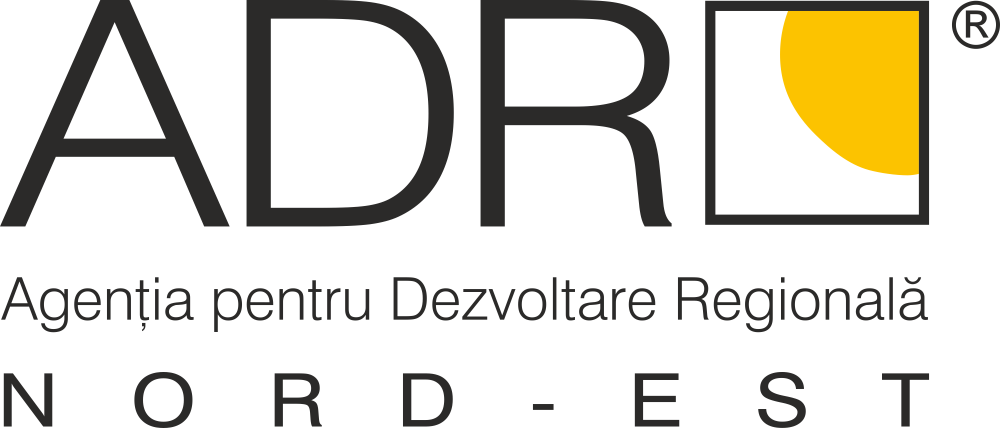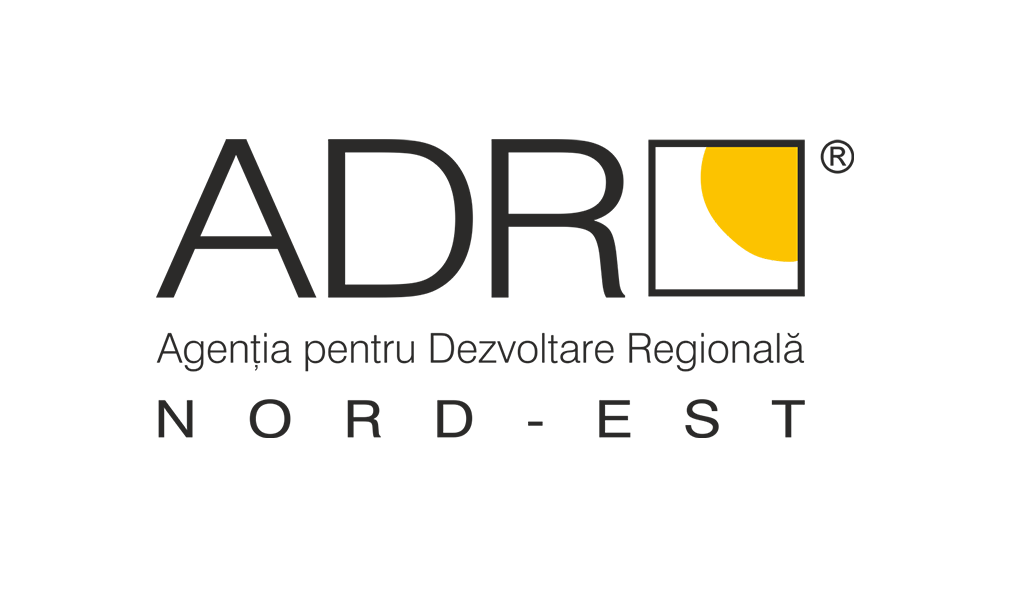ELABORATION OF THE NORTH-EAST REGIONAL DEVELOPMENT PLAN
A regional planning document containing the socio-economic profile of the region, SWOT analysis, development strategy, financing needs, system of indicators, implementation system, monitoring and evaluation system, partnership process, portfolio of priority projects.
NORTH-EAST RDP IMPLEMENTATION MONITORING
Aims to monitor and evaluate the implementation of the North-East Regional Development Plan. It includes the situation and socio-economic evolution at the level of the region, the achievements, problems and perspectives regarding the implementation of the North-East RDP and the examples of good practice.
PARTNERSHIPS AND REGIONAL PARTNERSHIP STRUCTURES
THE EUROPEAN PRINCIPLE OF THE PARTNERSHIP
The elaboration, implementation, monitoring and evaluation of national programming documents, must respect the European principle of partnership and involve consultations with representatives of national, regional, local competent authorities, civil society organizations, economic and social partners, including partners in the field of environmental protection or having responsibilities for promoting equality and non-discrimination.
NORTHEAST REGIONAL PARTNERSHIP
The partnership structure established at the level of the North-East Region was established in accordance with the provisions of the Methodology regarding Regional Development Planning 2014-2020, correlated with the provisions of GD 1115/2004, regarding the organization of the partnership framework. The partnership framework aims to:
The partnership framework is constituted at regional level on three levels: the Regional Committee for North-East Planning, six regional thematic working groups (innovation and business environment, environment and climate change, human capital development, regional connectivity, territorial development and tourism-culture ), organized on regional development priorities and six subregional working groups (organized at county level).

The regional partnership has in its composition, as full and alternate members, representatives at decision-making level, of North-East RDA, of county councils, town halls in urban and rural areas, prefectures, decentralized services of public institutions (County Agencies for Employment , County Public Health Directorates, County Agriculture Directorates, County School Inspectorates, General Directorates of Social Assistance and Child Protection, Regional Directorate / County Statistics Directorates, County Agencies for Environmental Protection, County Directorates of Culture, etc.), chambers of commerce and industry, universities, organizations representing minority and disadvantaged groups, trade unions, employers’ associations, professional associations, local action groups, etc.
STRUCTURE AND COMPONENTS OF THE REGIONAL PARTNERSHIP
NORTH-EAST REGIONAL PLANNING COMMITTEE (RPC NE)
The North-East Regional Planning Committee (RPC NE) is organized and coordinated by the North-East Regional Development Agency (NE RDA), which also provides its technical secretariat.
RPC NE has a consultative role, representing the broad partnership framework of the North-East Regional Development Council (RDC NE) for the elaboration and approval of the North-East Regional Development Plan (RDP NE).
RPC NE consists of, as full or alternate members, representatives, at decision level, of North-East RDA, of the county rural development departments of the Ministry of Agriculture and Rural Development as well as of other deconcentrated services of the central public institutions, representatives of the prefectures, county councils, local councils, civil society, as well as representatives of other organizations with relevant activity at the level of the North – East Region in various specific fields.
North-East Regional Planning Committee Structure
IN ACCORDANCE WITH THE LEGISLATIVE PROVISIONS, RPC NOTIFIES US OF:
REGIONAL THEMATIC GROUPS (RTG)
DEVELOPMENT OF REGIONAL ACTION PLANS
Thematic documents regarding the operationalization of the Regional Development Plan for different areas of interest (urban mobility, education, tourism, environment). They contain provisions, priorities, measures and deadlines for implementation, responsible institutions, financial allocations, good practices and current innovative elements.

 PUBLIC INTEREST
PUBLIC INTEREST


